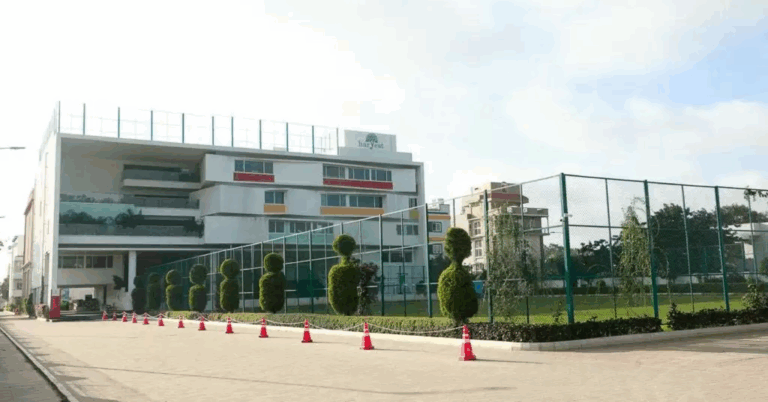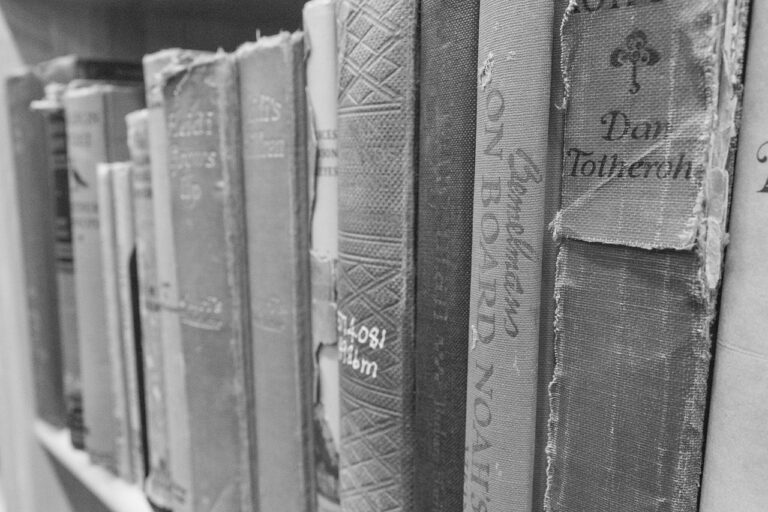The Role of Education in Indigenous Knowledge Preservation
Indigenous knowledge preservation is vital for the continued thriving of diverse cultures and traditions around the world. This knowledge, passed down through generations, holds invaluable insights into sustainable practices, medicinal properties of plants, and ways of living in harmony with nature. By safeguarding and celebrating this knowledge, communities can maintain their identity and connection to their heritage.
The preservation of indigenous knowledge also plays a crucial role in fostering understanding and respect for different ways of life. Through sharing these insights with the wider society, a greater appreciation for the richness and diversity of human experience can be cultivated. This, in turn, promotes a more inclusive and holistic approach to solving pressing global challenges, drawing on the wisdom of indigenous peoples who have stewarded the land for centuries.
The Connection Between Education and Cultural Identity
Education plays a crucial role in shaping an individual’s cultural identity. The knowledge and values passed down through generations within indigenous communities are often preserved and transmitted through educational practices. By incorporating indigenous teachings and perspectives into formal education systems, individuals can develop a deeper understanding and appreciation of their cultural heritage, fostering a strong sense of identity and belonging.
Furthermore, education empowers indigenous communities to reclaim their narratives and challenge stereotypes that have perpetuated historical injustices. Through education that honors and integrates indigenous knowledge into curricula, individuals can develop a sense of pride in their cultural heritage. This process not only strengthens cultural identity but also promotes intergenerational resilience and ensures the preservation of traditional practices for future generations.
Challenges Faced in Preserving Indigenous Knowledge
One of the key challenges in preserving Indigenous knowledge lies in the lack of recognition and respect for these traditional systems of knowledge. Western education systems often overlook the value and relevance of Indigenous wisdom, leading to a marginalization of Indigenous voices and perspectives. This dismissive attitude towards Indigenous knowledge hinders efforts to document, pass down, and safeguard this valuable heritage for future generations.
Another obstacle to preserving Indigenous knowledge is the threat of cultural appropriation and misrepresentation. As Indigenous knowledge becomes more visible and sought after, there is a risk of it being exploited and distorted for commercial gain or academic acclaim. This exploitation not only undermines the integrity of Indigenous knowledge but also erodes the cultural identity of Indigenous communities, making it challenging to maintain the authenticity and sacredness of their traditions.
• Lack of recognition and respect for Indigenous knowledge in Western education systems
• Marginalization of Indigenous voices and perspectives
• Hinders efforts to document, pass down, and safeguard Indigenous heritage
• Threat of cultural appropriation and misrepresentation
• Risk of exploitation and distortion for commercial gain or academic acclaim
• Undermines integrity of Indigenous knowledge and erodes cultural identity
Why is it important to preserve Indigenous knowledge?
Preserving Indigenous knowledge is important for maintaining cultural identity, passing down traditional practices, and promoting biodiversity and sustainability.
How does education play a role in preserving Indigenous knowledge?
Education plays a crucial role in preserving Indigenous knowledge by teaching the younger generation about their cultural heritage and traditional practices.
What are some challenges faced in preserving Indigenous knowledge?
Some challenges include lack of documentation, language barriers, loss of traditional practices, and the threat of cultural appropriation.







